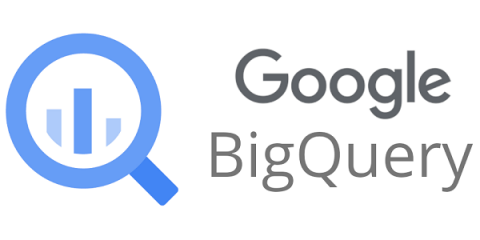Loading complex CSV files into BigQuery using Google Sheets
BigQuery offers the ability to quickly import a CSV file, both from the web user interface and from the command line: Indeed, try to open this file up with BigQuery: and we get the errors like: This is because a row is spread across multiple lines, and so the starting quote on one line is never closed. This is not an easy problem to solve — lots of tools struggle with CSV files that have new lines inside cells. Google Sheets, on the other hand, has a much better CSV import mechanism.











